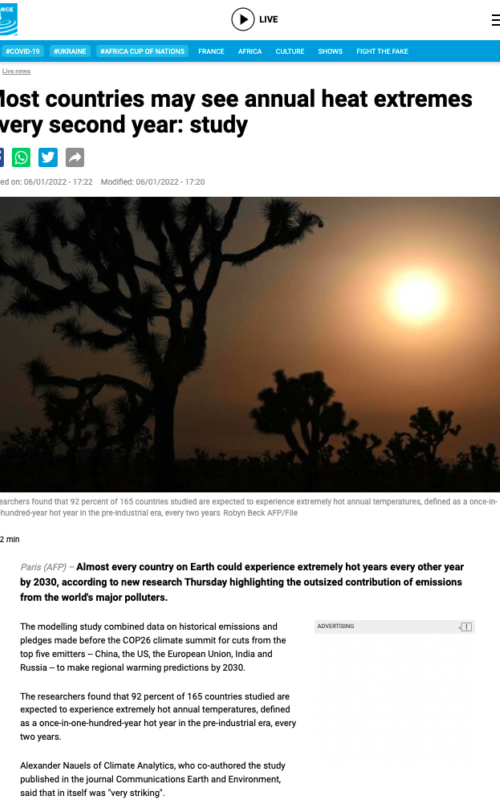Media coverage
Share


ZEIT Online
In this German language piece, our Head of Adaptation and Vulnerability, Dr. Tabea Lissner is interviewed on the importance of adaptation and climate financing for current and predicted climate change.
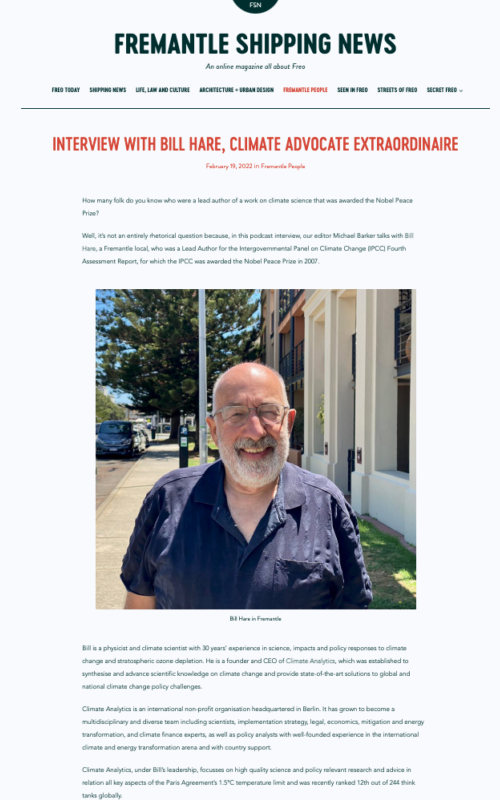
Fremantle Shipping News
This podcast by Freemantle Shipping News interviews our CEO, Bill Hare, on a variety of topics including his own fascinating journey and career, the history of Climate Analytics, and climate science.

Climate Home News
Climate Home News talks to our Head of LDC Support Team, Manjeet Dhakal, who is based in Nepal, about the importance of power transmission lines and road maintenance are for energy and adaptation needs there. Both improvements are in jeopardy as the MCC's grant to supply these faces possible cancellation.
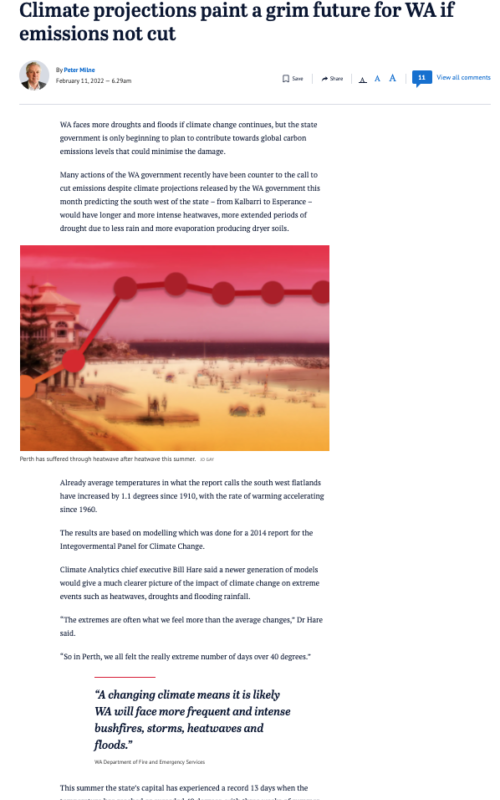
WAtoday
In this piece, WAtoday interviews Bill Hare on the impact of emissions on severe weather in different regions of western Australia. He discusses how a new generation of models would give a clearer picture on the impact of climate change on extreme weather events.
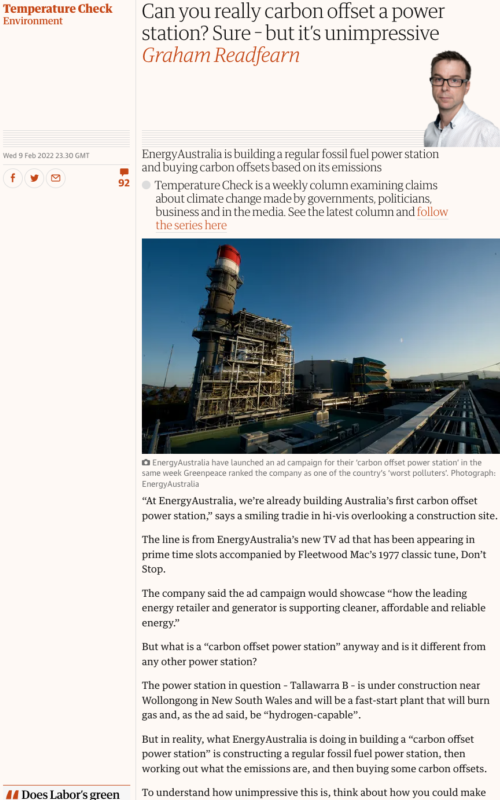
The Guardian
Our CA experts comment on "annual reserves statements" from oil and gas company Santos. Used as a means to measure C02 emissions storage, this amount and other forms of carbon offset used by energy companies are evaluated.
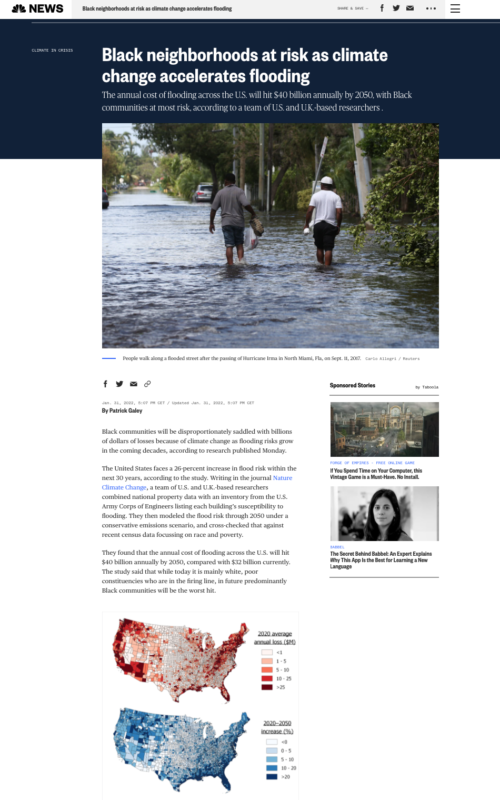
NBC News
This piece from NBC News interviews our Senior Legal Advisor, Rueanna Haynes on the Build Back Better bill and its lack of funding to address the racial divide in existing climate impacts.
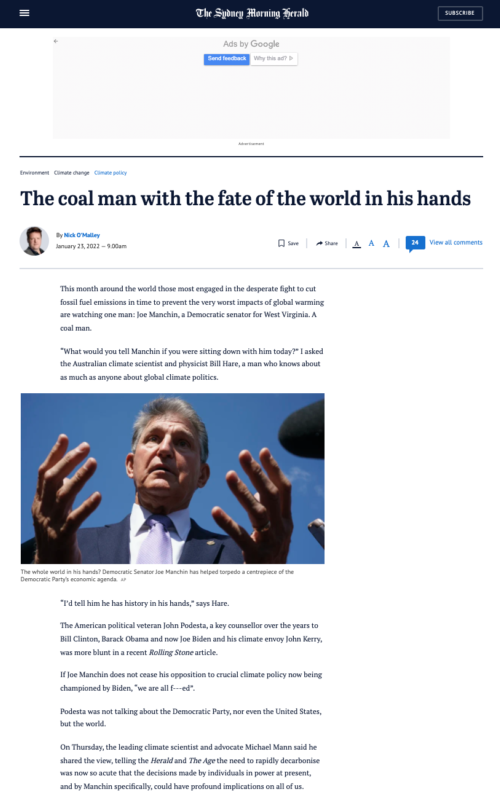
The Sydney Morning Herald
Bill Hare shares his thoughts on US Democratic Senator Joe Manchin's unique position to block or endorse the Build Back Better program, and what this means for climate change mitigation.
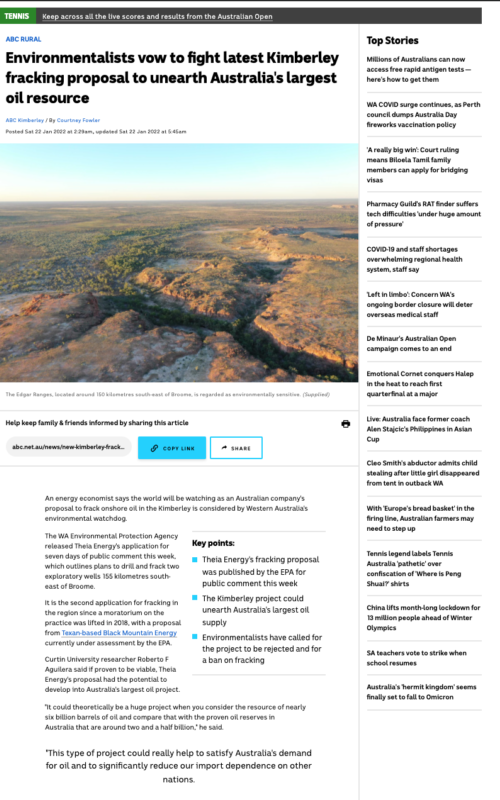
ABC News
Bill Hare is interviewed on the WA Kimberley fracking proposal in this piece from ABC News, which also references the Climate Analytics report "Western Australia's Gas Gamble".

Annapurna Express
This piece from Annapurna Express interviews our Head of LDL Support Team, Manjeet Dhakal. Current budgetary allocations are not sufficient to achieve net-zero by 2045, which the government aims to do by increasing the use of renewable energy.
